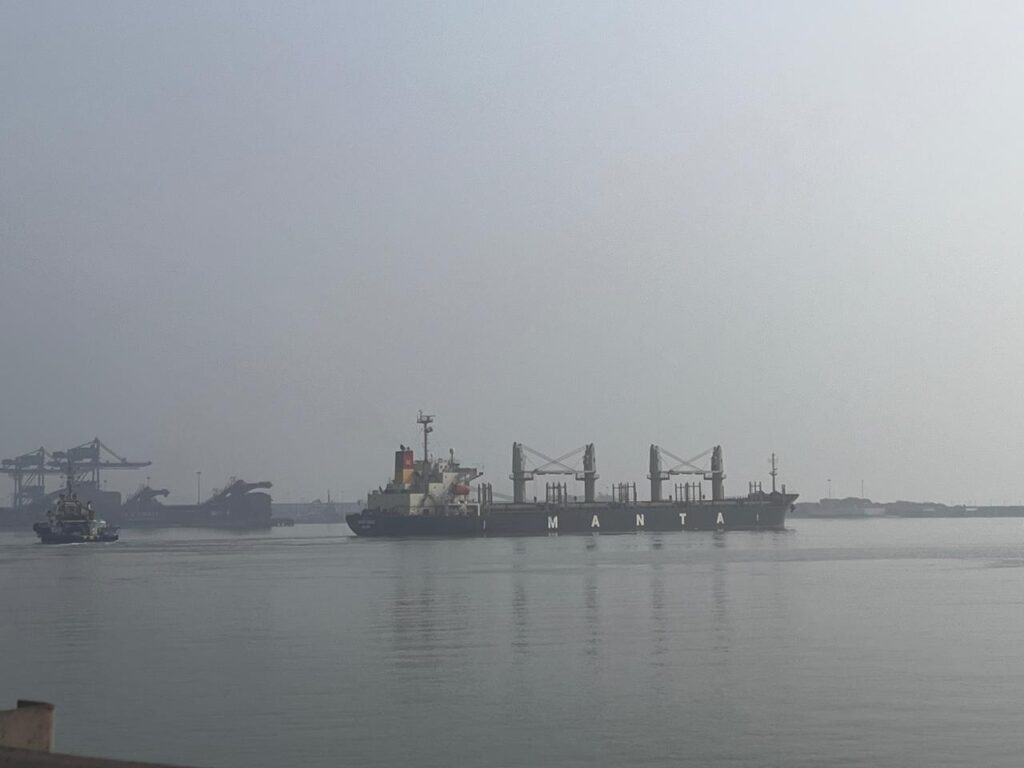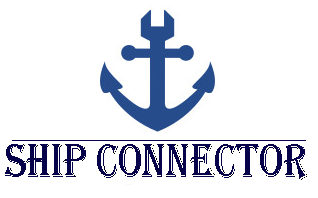What is laycan in shipping
Contents
The Importance of Laycan in the Shipping Industry
Understanding the importance of laycan in the shipping industry is very important for both ship owners and the charterers navigating the ship.
Introduction

Definition of Laycan
Laycan, short for “Layday Canceling,” refers to the agreed-upon period during which a vessel must arrive at the loading or discharge port. It is a crucial term in shipping contracts, it determins the timeframe within which the shipowner and charterer must fulfill their respective obligations i.e the ship must be present in the destination and cargo should also be ready at the port.
Brief Overview of the Shipping Industry
The shipping industry is the life of international trade, transporting goods across the oceans and connecting international markets. Different parries shipowners, charterers and port authorities. It is the process of efficiency and reliability.
The Significance of Laycan in Shipping
Role in Scheduling and Planning
Laycan provides scheduling and planning of maritime operations. It not only provides a defined timeframe for loading or unloading activities, It also allows for better coordination between all parties involved.
It provides the required planning of resources, time, and the overall shipping process.
Impact on Overall Efficiency
Laycan role is to ensure that vessels adhere to predetermined schedules. This, results in a smoother flow of goods, reduced vessel stay at ports, and ultimately, enhanced overall efficiency in the shipping operations.
Legal Implications of Laycan
Contractual Obligations
Laycan acts as contractual obligation that binds shipowners and charterers. Failure to meet the pre-determined laycan period can result in legal consequences, including fine or contract termination.
Consequences of Laycan Violations
Laycan violations can have severe effects, impacting not only the parties directly involved but also other stakeholders in the chain. Delays in one leg of a shipment can lead to a domino effect, causing congestion at ports, increased costs, and disruptions in the delivery schedules of subsequent shipments.
Factors Influencing Laycan
Weather Conditions
The unpredictable nature of weather conditions at sea poses a constant challenge to laycan management. Storms, rough seas, or adverse weather can impede a vessel’s ability to adhere to the agreed laycan period, necessitating strategic planning and contingency measures.
Port Congestion
Port congestion is another factor that can throw a wrench into meticulously crafted laycan schedules. The availability of berths, efficiency in cargo handling, and bureaucratic processes at ports all contribute to the complex puzzle of managing laycan in the face of congestion challenges.
Ship Availability
The availability of suitable vessels adds another layer of complexity to laycan management. Shipowners must ensure that vessels are not only physically available but also in optimal condition for the scheduled operations.
Laycan Management Strategies
Technology in Laycan Scheduling
The digital era has brought about transformative changes in laycan management. Advanced technologies, including real-time tracking, predictive analytics, and automated communication systems, have empowered stakeholders to monitor and adjust schedules with unprecedented precision.
Flexibility in Contracts
Acknowledging the dynamic nature of maritime operations, there is a growing trend towards incorporating flexibility clauses in laycan contracts. These clauses allow for adjustments in the laycan period under specific conditions, providing a pragmatic approach to unforeseen challenges.
Challenges in Laycan Management

Unforeseen Delays
Despite meticulous planning, unforeseen delays are an inherent risk in the shipping industry. Whether due to technical issues, geopolitical events, or other unpredictable factors, these delays necessitate agile laycan management strategies to mitigate their impact.
Balancing Flexibility and Strict Schedules
Striking the right balance between flexibility and adherence to schedules is a perpetual challenge. While flexible contracts can accommodate unforeseen circumstances, they must not compromise the predictability required for efficient shipping operations.
Case Studies
Examples of Laycan Success Stories
Examining instances where laycan management has led to successful and seamless operations provides valuable insights. Case studies showcasing effective scheduling, communication, and adaptation to changing conditions can serve as benchmarks for industry best practices.
Instances of Laycan Challenges
Conversely, exploring real-world challenges and how they were addressed sheds light on the dynamic nature of laycan management. Learning from instances where laycan posed difficulties allows stakeholders to proactively implement strategies to overcome similar obstacles.
Benefits of Effective Laycan Management
Cost Reduction
Efficient laycan management translates to cost reduction. By minimizing idle time, optimizing resource allocation, and mitigating the risk of disruptions, stakeholders can significantly cut down on operational expenses.
Enhanced Reliability
Reliability is a hallmark of successful shipping operations. Vessels that consistently adhere to laycan schedules build a reputation for dependability, fostering trust among stakeholders and enhancing the industry’s overall reliability.
Laycan and Customer Satisfaction
Meeting Customer Expectations
In an era where customer expectations are at an all-time high, meeting laycan commitments becomes synonymous with meeting customer expectations. Reliable shipping schedules contribute to customer satisfaction by ensuring timely deliveries and reducing uncertainties in the supply chain.
Changing Patterns in the Shipping Sector
The shipping sector is always changing because to changes in the global economy, environmental concerns, and technology improvements. Laycan procedures are therefore anticipated to alter as well.
aycan’s Effect with the technology
With the use of these tools, all the related parties can increase operational effectiveness, make decisions, and lessen the effect of unplanned occurrences on laycan timelines.
In summary
In conclusion, it is important for all parties involved in marine transportation to comprehend laycan and its importance in the shipping business. Stakeholders can ensure that laycan periods are precisely defined and managed.
Related Read : What does a Port Captain do? Role & Responsibilities


